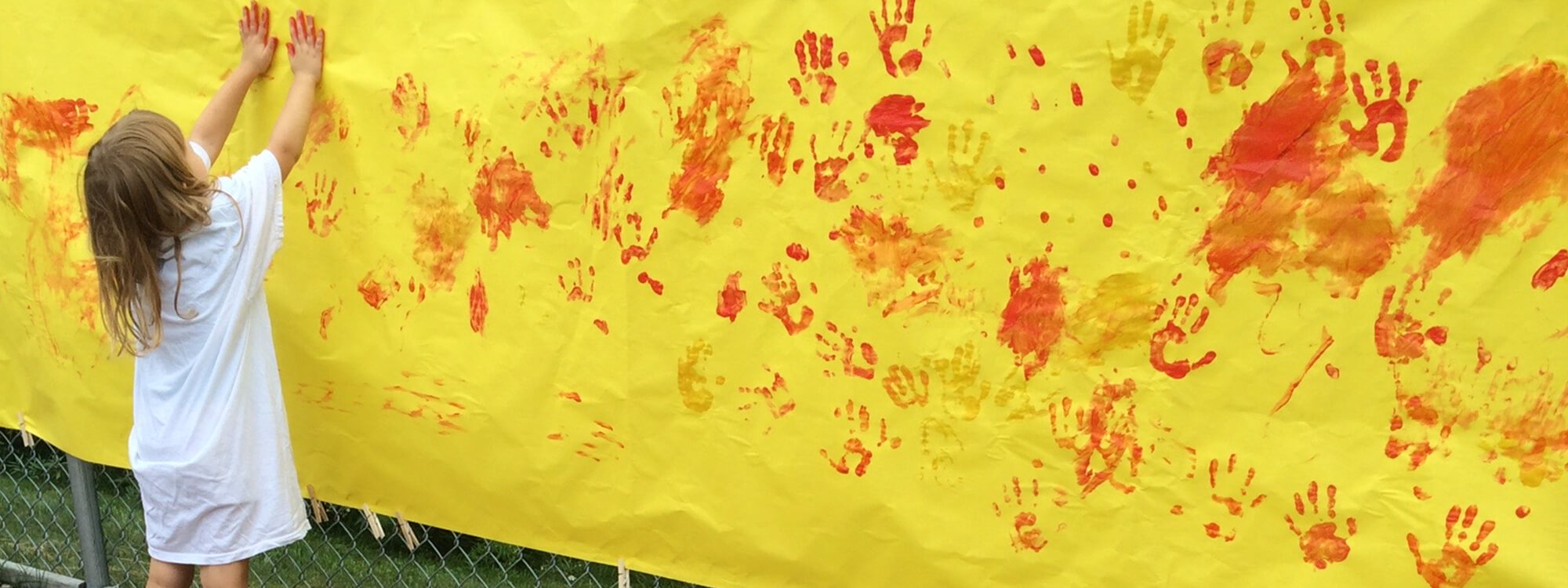Nibbles and Bites in the Early Years
Many children experience a period of biting in their toddler years. While biting can be upsetting, it is important to understand that most bites are not a sign of overt aggression or are a result of targeted “bullying” between children. Most often biting is an expression of overwhelming feelings such as frustration, disappointment, or even joy. Many times bites occur as a response to children being too close together during social conflict. These emotion-driven or proximity-driven bites make up the majority of biting incidents during toddler years. Biting is also a form of communication during a time when children are developing the ability to communicate verbally.
While distressing, it is important to not respond with negativity towards the child who is biting, but rather focus on addressing the behavior through actions that are proactive, preventative, and focused on building skills for more positive social interactions. As with most behaviors, it is important to begin by addressing the “why” of the behavior, rather than the “what”. Does the biting happen at a certain time of day? Is the child teething? Does the biting happen with adults and children or just with peers? Answering these and other questions can help the child experience more success. They may do better when provided a teether to wear on a bib or might need to have a different nap time if their biting happens more often when they are tired. Yes, it is not okay to bite, however, in order to teach the skills required to communicate more appropriately, it is necessary to validate the emotions behind the action. “It made you sad when he took your toy, we can say “My turn!”. Your friend is hurt, let’s help them feel better.” It is important to note that both children involved in a biting incident are treated with compassion – one is learning how to better communicate, the other is experiencing pain. In responding with direct language and compassion both children learn to better communicate and care for each other. The impact of helping children develop emotional awareness and empathy for others is a long lasting and meaningful message that can be utilized as children grow. Rather than forcing a young child to say sorry (which has very little meaning for a child just developing language), we want to teach why it is important to recognize another person’s experience and how to make amends.
Biting is one of many reactive behaviors children exhibit as their brain’s grow and develop more logical and language driven actions. It is a phase that many children get through successfully with careful emotional guidance, language modeling, and patience. Most children are through a biting phase by the time they are three; however, a few bites may occasionally occur. A child who is biting consistently beyond age three may benefit from additional support or resources to help them develop skills in emotional regulation or communication. We encourage all families to work with our centers in scheduling an observation through CDS if you are concerned about your child’s biting. You can also contact your pediatrician for additional resources that may support you and your child. We have posted articles we use to respond to biting in our classrooms for your convenience – as always feel free to bring questions to our center teams if you are interested in learning more!




Do you have a question or comment
Email our writer for more information or to tell us what you think of it.